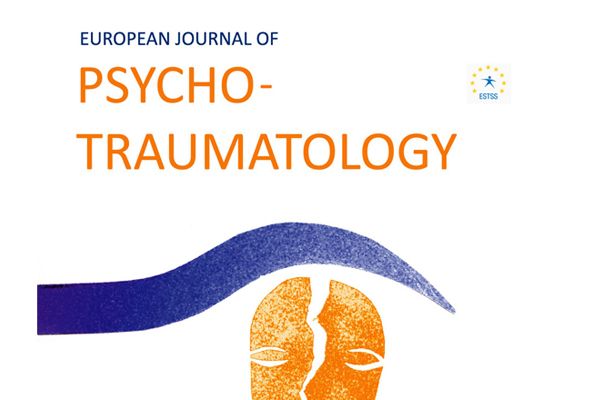23 april 2020
European Journal of Psychotraumatology
Roy Aloni, Mario Mikulincer, Gadi Zerach & Zahava Solomon
https://doi.org/10.1080/20008198.2020.1741859
Background: War captivity is one of the most severe human-made traumatic events which lead to self-amplifying cycle of post-traumatic stress disorder (PTSD) symptoms and attachment insecurities. Solid evidence in the literature pointed out on the intergenerational transmission of PTSD symptoms. However, no research has been conducted on the intergenerational transmission of attachment insecurities and the effect of the self-amplifying cycle among former prisoners of war (ex-POWs) and their offspring attachment insecurities.
Objective: This research aims to explore the intergenerational impact of a self-amplifying cycle of PTSD and attachment insecurities among ex-POWs on their offspring’s attachment orientations.
Method: We sampled dyads of Israeli ex-POWs of the Yom Kippur war and their adult offspring (ex-POW group) (n = 80) as well as dyads of Israeli veterans who fought in the Yom Kippur war, but were never held captive, and their adult offspring (control group) (n = 40). Veterans reported on PTSD severity and attachment orientations (anxiety, avoidance). Offspring reported on attachment orientations. We conducted (a) hierarchical regressions to predict offspring attachment orientations as a function of veterans’ attachment orientations, and (b) moderated mediation analyses examining the role of veterans’ PTSD in the intergenerational transmission of attachment orientations.
Results: Ex-POWs’ attachment anxiety was associated with offspring’s reports of higher attachment anxiety and avoidance, and this intergenerational transmission of attachment was mediated by ex-POWs’ PTSD severity. These effects were not significant in the control group.
Conclusions: Decades after the war end, the intergenerational sequelae of war captivity are evident by the impact of the self-amplifying cycle of PTSD and attachment insecurities among ex-POWs and their offspring’s attachment insecurities. Therefore, it is imperative for clinicians to recognize the intergenerational transmission and to focus not only on the trauma but also on the traumatized person’s attachment injuries and the shattering of core beliefs about the world, self, and others, in the context of attachment-based therapies.

Het European Journal of Psychotraumatology (EJPT) is een peer-reviewed, interdisciplinair wetenschappelijk tijdschrift dat deel uitmaakt van de European Society for Traumatic Stress Studies (ESTSS).
Het EJPT heeft als doel om wetenschappers, behandelaren en experts te betrekken bij de belangrijkste vraagstukken rond stress en trauma, waaronder individuele gebeurtenissen, herhaalde of chronische trauma's, grootschalige rampen en geweld.

